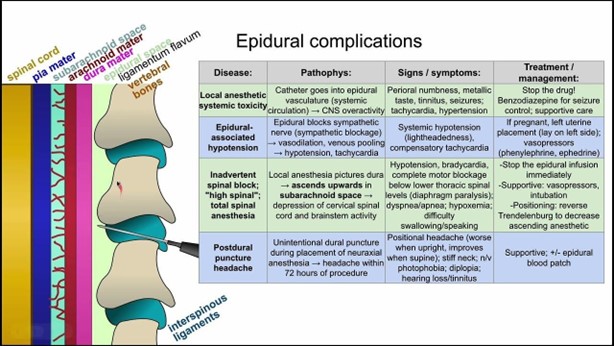A nurse is contributing to the plan of care for a client who has urinary incontinence.
Which of the following interventions should the nurse include in the plan?
Keep the head of the client's bed elevated to 45".
Limit periods of sitting in a chair to 4 hr.
Use a no-rinse perineal cleanser after incontinence.
Avoid the use of draw sheets for repositioning.
The Correct Answer is C
Urinary incontinence is the involuntary loss of urine, and it can have various causes and contributing factors. When developing a plan of care for a client with urinary incontinence, it is important to address interventions that promote comfort, hygiene, and prevention of complications.
using a no-rinse perineal cleanser after incontinence, is an appropriate intervention for maintaining skin hygiene and preventing skin breakdown. Cleansing the perineal area after episodes of urinary incontinence helps to remove any urine residue and reduce the risk of skin irritation or infection. No-rinse cleansers are often preferred as they are gentle on the skin and do not require rinsing, which can be more convenient for the client.
keeping the head of the client's bed elevated to 45 degrees in (option A) is incorrect because it, is not directly related to managing urinary incontinence. This intervention is typically used for clients at risk for aspiration or to improve respiratory function.
limiting periods of sitting in a chair to 4 hours in (option B) is incorrect because it, may be beneficial to prevent prolonged pressure on the pelvic floor muscles and promote circulation. However, it does not specifically address managing urinary incontinence.
avoiding the use of draw sheets for repositioning in (option D) is incorrect because it, is not directly related to managing urinary incontinence. Draw sheets are commonly used to assist with repositioning and transferring clients.
Nursing Test Bank
Naxlex Comprehensive Predictor Exams
Related Questions
Correct Answer is A
Explanation
Promoting trust involves actions that build a sense of trust and rapport between the nurse and the client. In this scenario, the nurse recognizes the client's basic need for food and responds to it promptly and compassionately. By interrupting the bath to address the client's hunger, the nurse demonstrates attentiveness and care, which helps establish trust between the nurse and the client.
B. Countertransference refers to the nurse's emotional reaction or response to the client, which may be based on the nurse's personal experiences or unresolved issues. It does not apply to the nurse's action of obtaining a meal for the client.
C. Veracity refers to truthfulness and honesty. While the nurse's action can be seen as honest and caring, it does not specifically relate to the concept of veracity.
D. Boundary crossing refers to a situation where the nurse exceeds the established professional boundaries with the client. In this scenario, the nurse's action of obtaining a meal for the client can be seen as a minor deviation from the routine care but is not considered a significant boundary crossing.
Correct Answer is D
Explanation
Restlessness can be an indicator of unrelieved pain in a client who is receiving a spinal epidural to treat a herniated disc. Restlessness is often a manifestation of discomfort or agitation, which can be caused by inadequate pain management. When a client's pain is not adequately relieved, they may exhibit restlessness as they try to find a more comfortable position or seek relief from the discomfort.
Urinary retention (option A) is incorrect because it can be a side effect of certain medications used in pain management, such as opioids, but it is not a specific indicator of unrelieved pain. It is important to monitor for urinary retention as a potential complication of spinal epidural anaesthesia, but it is not directly related to pain relief.
Constipation (option B) is incorrect because it is another possible side effect of opioid medications, but it is not a specific indicator of unrelieved pain. It is important to address constipation as a potential adverse effect of pain management, but it is not a direct indicator of pain relief.
Difficulty swallowing (option C) is incorrect because it is not a common indicator of unrelieved pain in the context of a spinal epidural. It may be associated with other conditions or complications but is not specifically related to pain relief.

Whether you are a student looking to ace your exams or a practicing nurse seeking to enhance your expertise , our nursing education contents will empower you with the confidence and competence to make a difference in the lives of patients and become a respected leader in the healthcare field.
Visit Naxlex, invest in your future and unlock endless possibilities with our unparalleled nursing education contents today
Report Wrong Answer on the Current Question
Do you disagree with the answer? If yes, what is your expected answer? Explain.
Kindly be descriptive with the issue you are facing.
